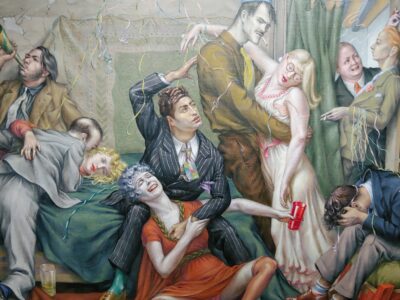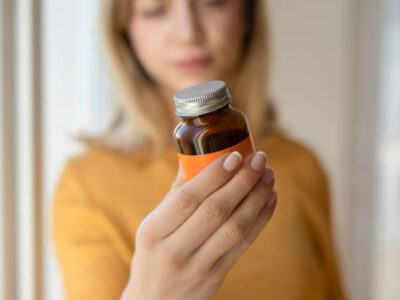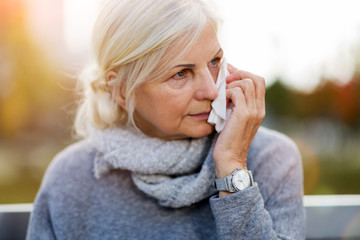By: Jake Brennan, MA, Licensed Professional Counselor (LPC)
Is your home stockpiled with bottles of alcohol?
Harm reduction enthusiasts at Jeremy Frank Associates call for people to “turn in your vodka, your liquor, your alcoholism, and make hand sanitizer for everyone!”
That’s right, spare your liver and save your life. Tito’s and Jim Bean never tasted so good as mixed with aloe vera jelly and smeared on your hands!
(DISCLAIMER: According to the CDC, handwashing with soap and warm water kills more germs than hand sanitizer.)
With most vendors on backorder for name-brand hand sanitizers, some people are opting to re-source and use alcohol in their homes to make their own. A number of websites have good, easy, and practical guides for how to do this (like here, here, and here). A lot of homemade recipes call for 2 parts isopropyl alcohol and 1 part aloe vera gel, with the final product requiring an alcohol percentage of 60% or higher in order to be effective, according to the CDC.
Unfortunately, most of the liquor people keep in their cabinets for consuming will be in the 40% range (don’t confuse percentage with proof, liquor that is 80 proof is still just 40%). This means even soaking your hands in Jameson isn’t guaranteed to kill germs (although it might attract the special interest of law enforcement if you happened to get pulled over). The ideal alcohol for DIY sanitizer would be something like 99% isopropyl alcohol, which tends not to be the alcohol of choice for those indulging in cocktails. (Those who have struggled with more severe alcohol dependency may recall moments of desperation drinking whatever household products containing alcohol are available, isopropyl and mouthwash not excluded.)
In the spirit of therapy and healing, the more salient point in this call to “turn in your liquor” may be a metaphor about finding a healthy and positive outlet for the emotions and stress that can drive up alcohol use in times of national distress. (One study found that despite a decrease in overall drinking during the 2006-2007 economic recession, there was a significant increase in the prevalence of frequent binge drinking. In my own reading of this, I wonder if during hard times people with less complex relationships to alcohol give it up to focus on other things, while people with more complex relationships to alcohol end up relying on it even more). More pointedly, this call might be a joke to start conversations about how easy it can be to rely on alcohol and drugs to cope with (really, to numb or block out) difficult emotions.
None of this is to say all drinking is bad and everyone must stop. We live in a society that tends to encourage drinking unless you are clearly designated as “alcoholic,” which does not leave a lot of room for us to talk about the role alcohol can play in the lives of people, not in some sort of “active recovery” or AA. Now seems as good a time as any to at least examine our relationships to alcohol.
If yours, your family’s, or your friends’ response to stress is to go out (or stay in) drinking, let’s call this a red flag. It doesn’t mean check yourself into rehab, but it says something about the way you deal with stress. Unwinding with a drink might be perfectly fine. Culturally, we endorse the idea that a drink at the end of the day can be an appropriate way to transition out of work-mode. Maybe, in this case, the drink is symbolic. The fourth or fifth drink at the end of the day (4-5 drinks is considered binge drinking) seems like it might be less about the idea of winding down and more about the desire or need to feel different.
In treatment groups, we talk about the needs that alcohol takes care of in people’s lives. Alcohol is often associated with fun, stress relief, socializing, and being able to have a break from day-to-day problems. This is not necessarily bad, but we should talk about how alcohol and drugs can be so powerful and so effective in the short term (i.e. in the minutes or hours that intoxication lasts) that it can easily become a gigantic one-size-fits-all solution to the myriad of basic human needs. The problem is not going out and having a few drinks; the problem is if drinking is the only resource available when it comes to having fun, relaxing, relieving stress, not feeling sad, feeling happy, socializing, or forgetting about COVID-19.
If you or loved ones want to continue drinking and do so in a safer way (this is one form of what is called “harm reduction”) you could consider these tips for lower-risk drinking: not driving after drinking, no matter what; being mindful of quantities and counting drinks; taking a break and drinking water between drinks; setting limits and intentions regarding quantities of alcohol consumption prior to drinking (if limits are consistently set and consistently surpassed, this is a red flag that drinking might be playing a more significant role in your life than you realize); if you are feeling sad or angry or scared, try to address this emotion in a healthy way (talk to someone about it, exercise, practice yoga) before you start drinking so that you aren’t relying on the alcohol to make you feel better.
Now, as ever, it is important to take care of ourselves physically. Regardless of whether someone identifies with having an addiction or not, drugs and alcohol have the potential to weaken the immune system, interfere with sleep, and cause damage to vital organs. One idea about addiction is that it stems from an inability to take care of ourselves emotionally, so we use substances to help us feel better. If substances are the only form of taking care of ourselves emotionally that we have, the need to self-medicate will perpetuate itself, and the physical (as well as mental, emotional and spiritual) side effects can compound and get worse over time. Below are some practical alternatives to self-care that do not require drugs or alcohol
- Watch an old favorite movie
- Talk to a friend about how you are doing
- Come up with positive affirmations about yourself and say them out loud
- Allow yourself to cry if you need to
- Allow yourself to laugh
- If you feel like you need help and don’t know what getting help means, say that to someone you trust. There is healing benefit in being able to voice our uncertainties
- Call a therapist
- Do a free-write for 5 minutes, writing down whatever comes into your mind without thinking
- Google local support groups
- Plan a fun activity that does not involve drinking or drugs and follow through on it (hiking, walking, roller skating, bowling, collaging, watching a movie, getting food out, playing a board game). Even if you plan on using drugs or drinking later, see how it feels to do something sober with the only intention of having fun and caring for yourself.
Jake Brennan, MA, LPC is a PA Licensed Professional Counselor in the greater Philadelphia area including Jenkintown, and an associate with Jeremy Frank & Associates in Bala Cynwyd. He specializes in substance use and harm reduction treatment, psychodynamic depth work, and other mental health issues. He is currently training as a dance movement therapist.




